Call for review of EU’s Syria refugee strategy
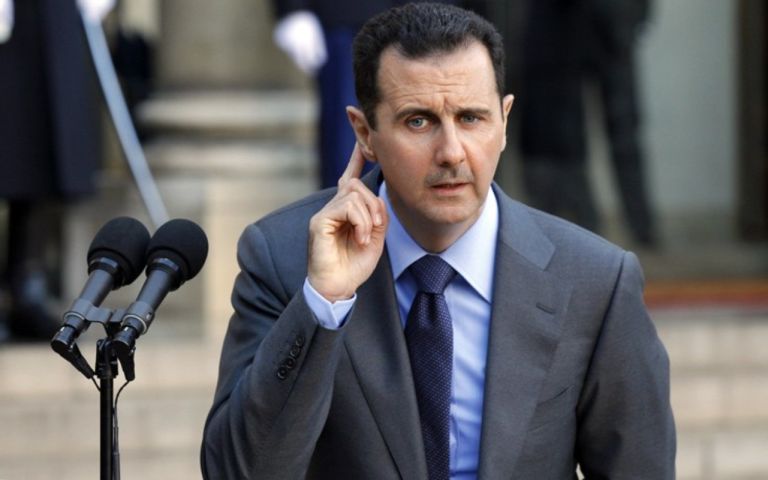
Πηγή Φωτογραφίας: Διαδίκτυο//Call for review of EU’s Syria refugee strategy
Eight European Union member-states, including Greece, have launched a diplomatic initiative to establish informal communication channels between the EU and Bashar al-Assad’s Syrian administration.
They are essentially calling for a revision of the EU approach and its “red line,” which is summarized by the fact that “peace cannot be achieved with the Syrian regime of Bashar al-Assad,” as decided by the European Council in April 2017. Since then, the strategy has been revised several times, but it remains guided by three “nos” and fully aligned with US policy: no to normalizing Damascus, no to lifting sanctions, and no to rebuilding Syria unless there is “significant progress” in the political process, as outlined in UN Resolution 2254.
Eight foreign ministers, of Greece, Cyprus, Italy, Austria, the Czech Republic, Croatia, Slovakia and Slovenia, sent two documents – a letter and a non-paper – to European diplomatic chief Josep Borrell on July 15, 2024, in response to the growing concern over developments in the Middle East, particularly the ongoing war in Gaza.
The non-paper was also presented to the Political and Security Committee of the European Council for a formal discussion. A “realistic, proactive and effective European policy in Syria” is the initiative’s primary goal, especially in light of the upcoming US presidential elections.
For Athens, the proposal concerns the revision of the status of certain areas to allow for the return of Syrian asylum seekers, based on the principles of the UNHCR.
The letter was to have been discussed at the recent Foreign Affairs Council in Brussels, but – according to European diplomatic sources – the talks focused on Borrell’s proposal that the informal meeting of the 27 foreign ministers should not take place in Budapest at the end of August, but in the Belgian capital, as an EU response to Hungarian Prime Minister Viktor Orban’s controversial trips to Moscow and Beijing at the start of the Hungarian Presidency of the EU Council.
Source: ekathimerini.gr//Alexandra Voudouri
Διαβάστε όλες τις τελευταίες Ειδήσεις από την Ελλάδα και τον Κόσμο











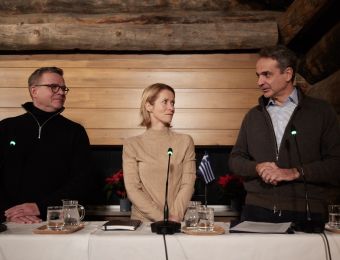
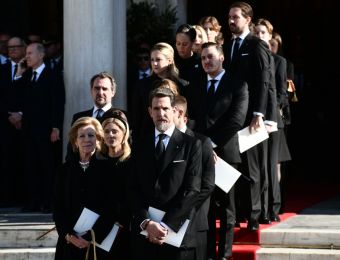
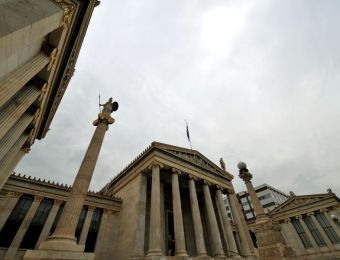


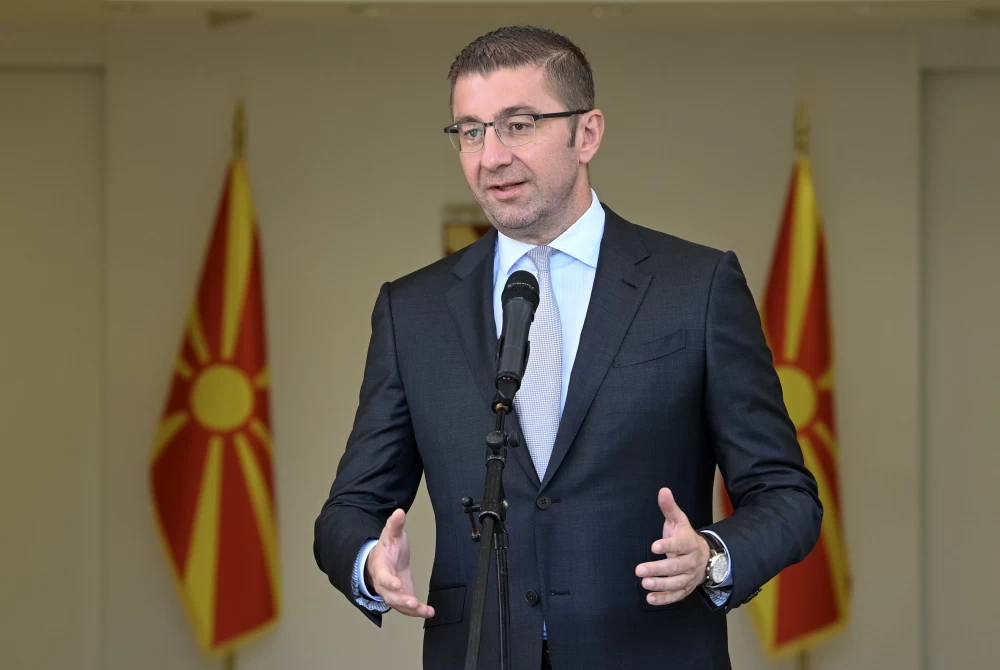






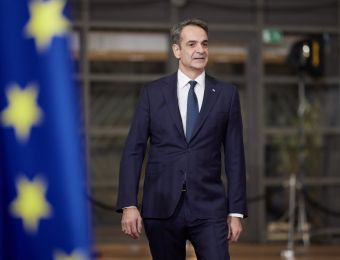






Το σχόλιο σας